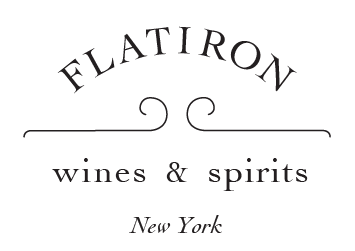Feudo Montoni
We found a secret spot in the middle of Sicily with amazing pirate treasure: super-old, own-rooted vines of native, heritage clones. OK, maybe not pirate treasure; more like wine-geek treasure. But treasure nonetheless.
Feudo Montoni's vines... Read More
We found a secret spot in the middle of Sicily with amazing pirate treasure: super-old, own-rooted vines of native, heritage clones. OK, maybe not pirate treasure; more like wine-geek treasure. But treasure nonetheless.
Feudo Montoni's vines are isolated from the rest of the island's viticulture, a small oasis of vineyards surrounded by a sea of golden wheat and ancient olive groves. This isolation has worked like magic to keep the phylloxera pest away. Phylloxera, of course, attacks the roots of European vines, so almost all wine grape vines are grafted onto resistant American routestock.
But no phylloxera here means no grafting necessary: these vines are own-rooted and some are hundreds of years old. Scientists believe this is the birthplace of Nero d'Avola.
Whether it's the original Nero or not, it's a very special one. Much of the Nero we see in America was, in fact, planted in a high tech process—take high yielding vines and plant them on the most productive routestock in the most fertile soils. The result is ripe, juicy and abundant fruit, cheap to make. You can add oak to it and smooth out rough edges with more technical winemaking, but the wine isn't necessarily compelling.
Feudo Montoni's wines, on the other hand, could come from nowhere else. The vineyards are high and the nights are cold, so the grapes retain acidity and freshness. High winds keep away disease. The sandy soils provide delicate aromatics, elegance, and lift, and the underlying clay holds provide substance. The ancient root systems dig deep and convey a fine minerality. Feudo Montoni farms organically to preserve the unique ecosystem.


